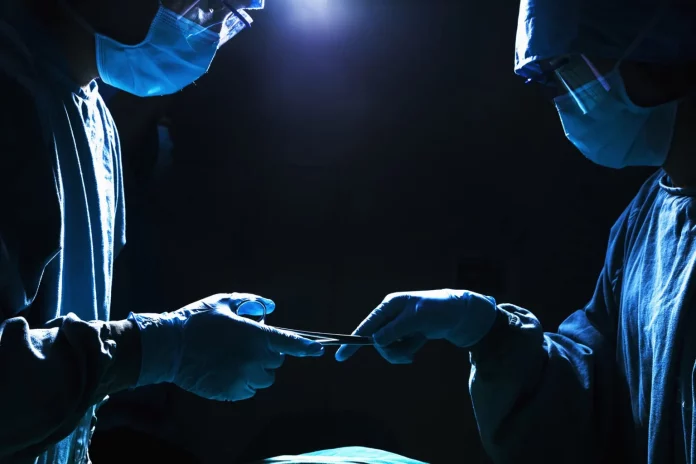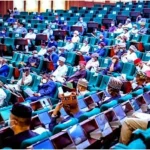A growing concern has been voiced by many Nigerians regarding the flourishing underground market and illicit activities related to organ donation, harvesting, and transplantation within the country. This concern has arisen in light of reports indicating a rising incidence of illegal organ removal from individuals without their consent, often for purposes of transplantation or commercial profit.
In recent times, Nigeria has witnessed an increase in reported cases of organ harvesting, with various organs such as kidneys, livers, and hearts being removed, among others. Among these, kidneys are notably the most commonly illegally harvested organs due to their high demand and the relatively high chances of survival for recipients.
A prominent example of this issue is the case of Ike Ekweremadu, a former Deputy President of the Senate, who made headlines when he was sentenced to nine years and eight months in a UK prison. He was found to be the central figure in a plot to obtain a kidney for his ailing daughter from a young man he had trafficked to London. This marked the first organ trafficking conviction under the Modern Slavery Act.
Most reported cases of organ harvesting in the country have been linked to coercion, fraud, abduction, and the exploitation of vulnerable Nigerians, particularly those living in poverty or marginalized communities. For instance, a mechanic named Chimaobi Eric Nwoko alleged that he was deceived into donating his kidney to another individual, Osinachi, with the promise of $20 million, a house in the United States, and a job.
Chimaobi, who hails from Umuahia in Abia State, shared how he was convinced that a life-changing reward awaited him after the operation, but he received no further medical care after the surgery, leaving him in a dire condition.
Similarly, the Plateau State Police Command arrested a medical doctor, Noah Kekere, for alleged organ harvesting carried out in his hospital, where he removed a kidney from a patient without her knowledge. This case has raised significant concerns over the lack of regulation and oversight in organ transplantation in Nigeria.
Many believe that the prevalence of organ harvesting in the country is exacerbated by the absence of regulatory measures and the lack of a government body overseeing organ transplantation. Health professionals have also pointed to the absence of regulations and enforcement of medical ethics, as well as factors such as poverty, inequality, and unethical medical practitioners, as contributing factors.
Expressing their concerns, the chairman of the Medical Consultants Association of Nigeria at Lagos State University Teaching Hospital (LASUTH), Amisu Mumuni, emphasized the need for regulations. He mentioned that a bill to establish an organ harvest transplantation department in the Lagos State Ministry of Health is being considered, which would address the regulation of organ harvesting and transplantation.
According to Dr. Usha Anenga, the Chairman of the Nigeria Medical Association in Benue State, illegal organ harvesting is largely driven by poverty, and there is a lack of specific guidelines for organ donation in Nigeria. He advised the government to consult widely and create unified regulations to govern organ donation in the country.
In summary, the concerns about organ harvesting and illegal activities related to organ donation in Nigeria have spurred calls for regulatory measures and ethical guidelines to protect individuals from exploitation and to ensure transparency and safety in organ transplantation practices.







